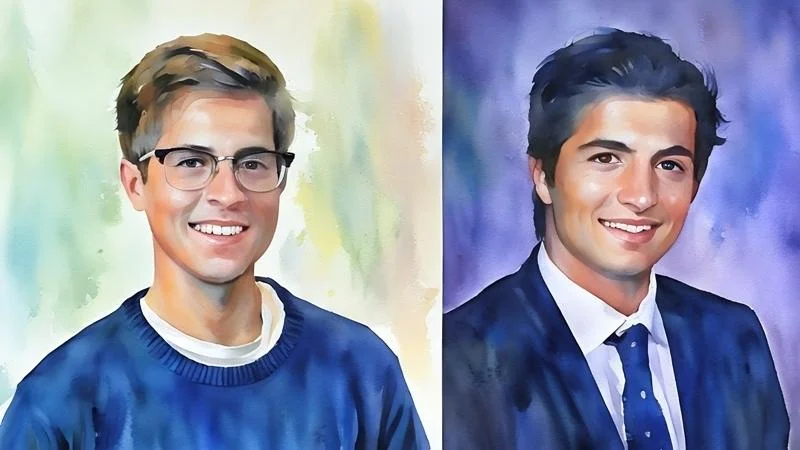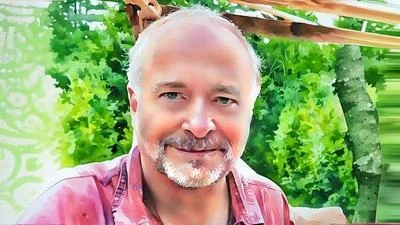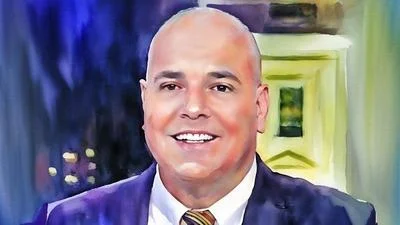Washington may need to re-litigate arguments over presidential war powers—this time relating to military actions off the coast of Venezuela and in the eastern Pacific. Air and maritime strikes on alleged drug-trafficking targets, coupled with a regional military buildup, are raising the stakes.
Reason magazine’s César Báez and Matthew Petti warn that the campaign against drug smugglers signals “a prelude to a larger confrontation with Venezuela,” and they urge clarity over presidential powers before events escalate.
Báez is a producer at Reason. He previously worked as a program associate at the Mercatus Center at George Mason University, a communications coordinator at Students for Liberty in Latin America, and an intern at the Cato Institute. He grew up in Venezuela. Petti serves as an assistant editor at Reason. He reported for the BBC in Persian and English, The Intercept, New Lines Magazine, and National Interest, and he was a Fulbright fellow after graduating from Columbia University.
Báez portrays the Trump Administration’s current posture as a military buildup. “This is all happening in conjunction with a very large military buildup in Puerto Rico and the Caribbean,” he says. “That is not just for fighting drug traffickers–they telegraph ambiguous statements of intent, yet they do not come to the American people and make a case for how far they want to go and why they should do it.”
He argues that the politics inside Washington have shifted. “There is always a strand of Trumpism that says we do not want costly long-term entanglements, and another that says ‘peace through strength,’” he says. “The promise of cost-free intervention is a false promise.”
Petti contrasts Venezuela with past targets. “Venezuela is very different from Cuba because of the presence of legitimized political actors inside the country,” he says. He notes a hard security reality. “The Venezuelan armed forces are not organizing to defend the country from an invasion,” he says. “They organize for subversion—empty the arsenals, move to the mountains, form guerrillas.”
Báez says he worries about process and precedent. “We live in an age where constitutional war powers do not really matter,” he says. “The president does it and dares Congress to stop them.”
The various labels put on groups blur lines, in his view. “The power to designate terrorists is a domestic legal tool, yet politically people hear ‘terrorist’ and think we are at war,” he says. “The likely legal hook here is Article II commander-in-chief power.”
Petti accepts the moral stakes while flagging the institutional risks. “I am biased,” he says. “If the U.S. government does something that hurts the Maduro regime and brings Venezuelans closer to freedom, that is generally good.” However, he cautions on the means to make these kinds of advancements. “Criminality and state power intertwine in Venezuela in a way that is far away from regular law enforcement,” he says.
Báez outlines what he describes as a narrow, lawful path for interdiction. “You should do what police have always done and arrest people on the high seas,” he says. “Bring them to a court of law.” He warns against sloppy regime change by standoff strikes. “Remote war where you damage the state and hope a local faction takes power has a very mixed record,” he says. “There is a narrow path (where) it could go well, and many ways it goes badly.”
Petti sketches an off-ramp that avoids the potential for civil war. “Escalation can show Maduro that the U.S. can strike regime officials directly,” he says. “A better deal,” he says, is to compel them to leave for exile. “Trade justice for peace so Venezuelans get their country back,” he says. For example, he suggests a plan to damage Maduro’s cash flow “enough that he accepts the golden parachute.”
Báez says the American people need a “deeper conversation about the balance of power.” He sees a pattern emerging. “History shows cycles—presidential action expands in small conflicts until a disaster forces retrenchment.”
According to Petti, Caracas is the place where any decisive move is likely to unfold. “The farther you get from the capital, the weaker the state looks,” he says. He stresses that Venezuelans already maintain a pathway to democratic transition. “There is a political tradition that signals a transition is possible,” he says. “The question is whether U.S. actions create that space or collapse order.”









